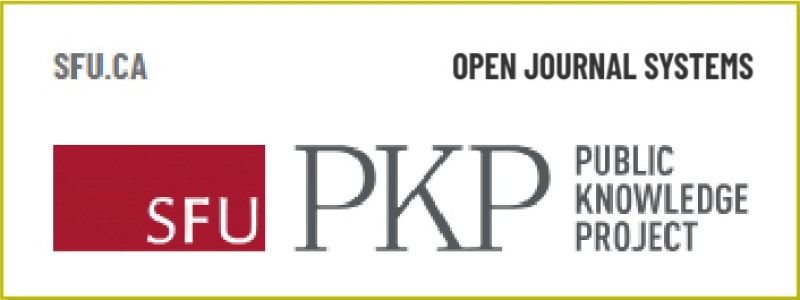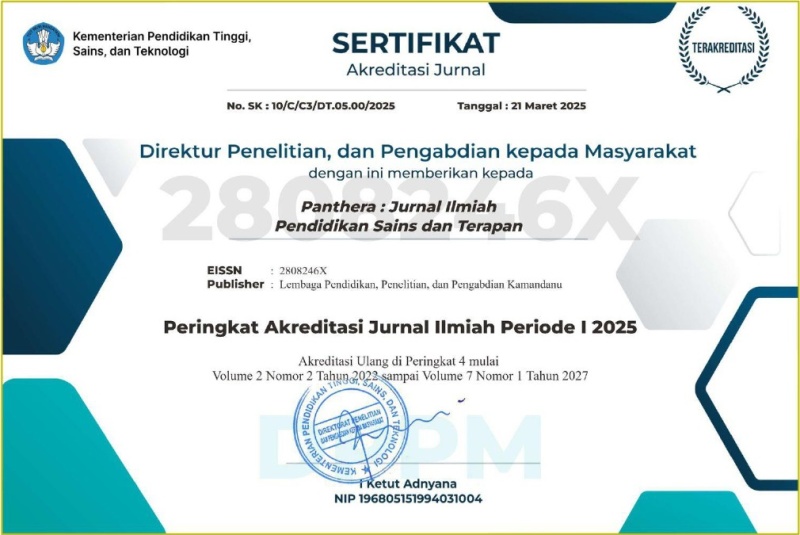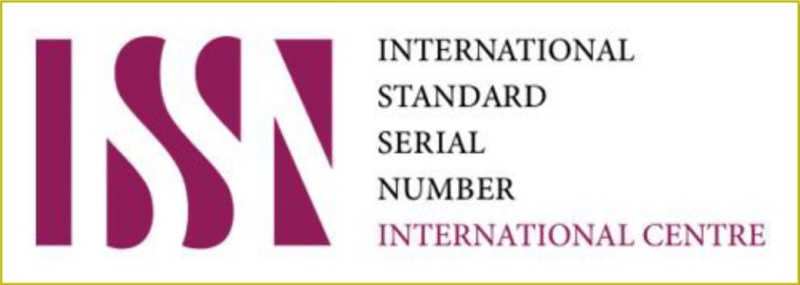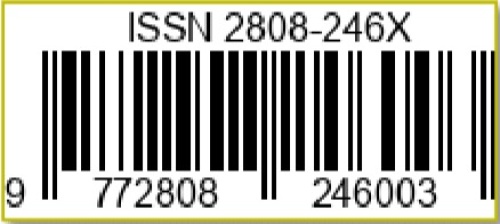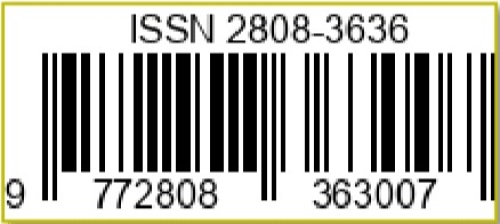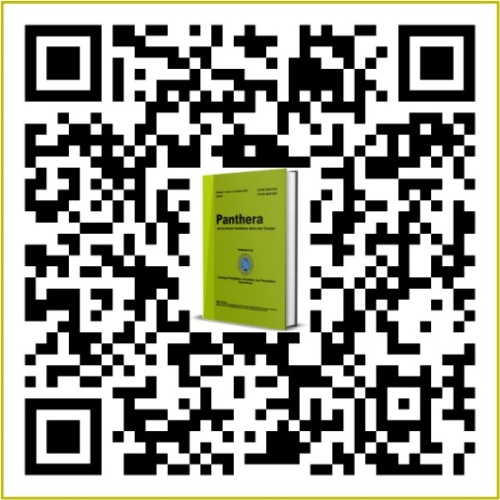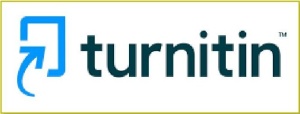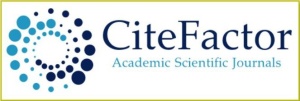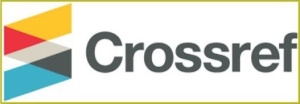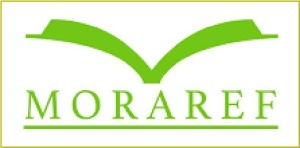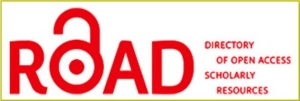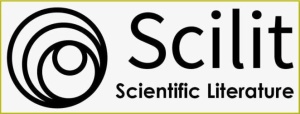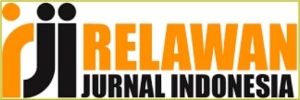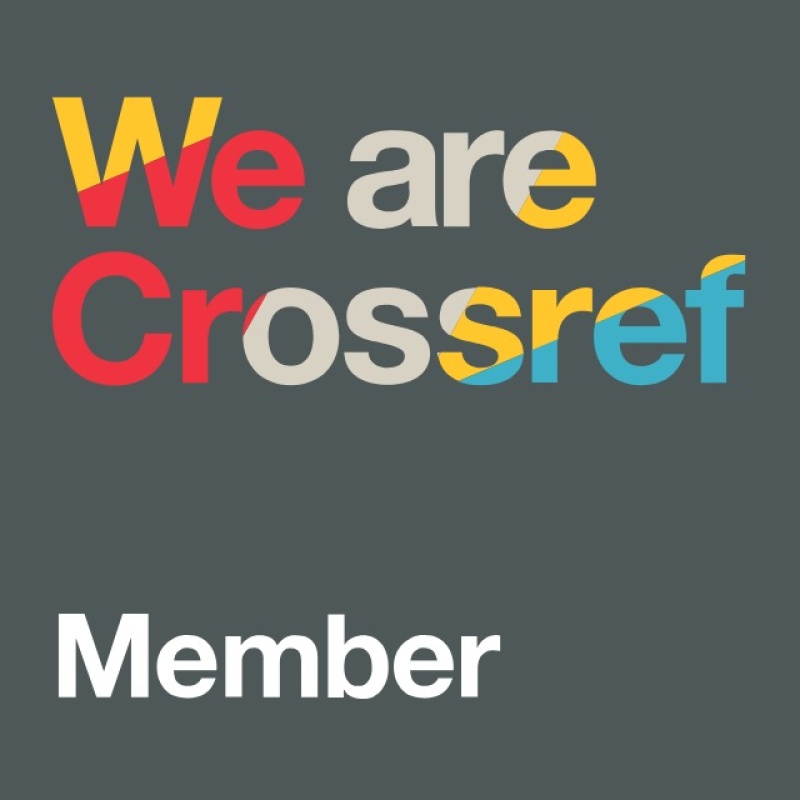Konservasi Lingkungan Berbasis Kearifan Lokal di Wilayah Cagar Alam Rawa Danau
DOI:
https://doi.org/10.36312/panthera.v5i4.734Keywords:
Ethnography, Local Wisdom, Environmental Conservation, Rawa DanauAbstract
Environmental conservation based on local wisdom plays a crucial role in maintaining ecosystem balance and supporting the achievement of the Sustainable Development Goals (SDGs). The Rawa Danau Nature Reserve in Serang Regency is an area with high biodiversity that is still preserved through the traditional practices of the local community. This study aims to explore the forms of environmental conservation based on local wisdom in this area. The research uses a qualitative approach with an ethnographic method that involves observation, interviews, and literature review. The research results indicate that the communities surrounding the Rawa Danau Nature Reserve apply local wisdom values in the form of customary rules, such as prohibitions on using engines in Rawa Danau waters, entering sacred areas, and excessive exploitation like picking branches, as well as ecological myths about wild animals that function to regulate the use of natural resources and maintain ecosystem balance. The integration of local wisdom values into conservation policies can enhance the sustainability of area management while simultaneously strengthening the role of local communities in environmental preservation.
Downloads
References
Adeyanju, S. O., Bulkan, J., Onyekwelu, J. C., Laurent, G. P. S., Kozak, R., Sunderland, T., & Stimm, B. (2022). Drivers of Biodiversity Conservation in Sacred Groves: A Comparative Study of Three Sacred Groves in Southwest Nigeria. International Journal of the Commons, 16(1), 94-107. https://doi.org/10.5334/ijc.1143
Alikodra, H. S. (2017). Etika Pelestarian Alam. Himmah, 1(1), 23-36. https://doi.org/10.47313/jkik.v1i01.333
Alvayedo, M. B., & Erliyana, A. (2022). Tinjauan Hukum Kedudukan dan Keterlibatan Kearifan Lokal Masyarakat Adat Maluku Berupa Sasi dalam Pengelolaan Lingkungan Hidup. Jurnal Ilmu Sosial dan Pendidikan, 6(3), 9730-9739. http://dx.doi.org/10.58258/jisip.v6i3.3220
Berkes, F. (2017). Environmental Governance for the Anthropocene? Social- Ecological Systems, Resilience, and Collaborative Learning. Sustainability, 9(7), 1-12. https://doi.org/10.3390/su9071232
Carter, S. O. (2025). The Impact of Globalization on Local Axiologies: Resisting or Integrating?. Cultura : International Journal of Philosophy of Culture and Axiology, 22(3), 212-230.
Firmansyah, F., Hidayat, S., Leksono, S. M., & Jamaludin, U. (2023). Kearifan Lokal dalam Menjaga Kelestarian Lingkungan Hidup di Cagar Alam Rawa Danau (CARD). Biosfer : Jurnal Biologi dan Pendidikan Biologi, 8(1), 1-5. https://doi.org/10.23969/biosfer.v8i1.8405
Frankish, C. K., Beckmann, A. M. v. B., Teilmann, J., Tougaard, J., Dietz, R., Sveegaard, S., Binnerts, B., Jong, C. A. F. d., & Nielsen, J. N. (2023). Ship Noise Causes Tagged Harbour Porpoises to Change Direction or Dive Deeper. Marine Pollution Bulletin, 197(1), 1-10. https://doi.org/10.1016/j.marpolbul.2023.115755
García, V. R., Llamazares, Á. F., McElwee, P. D., Molnár, Z., Öllerer, K., Wilson, S. J., & Brondízio, E. S. (2018). The Contributions of Indigenous Peoples and Local Communities to Ecological Restoration: Indigenous Peoples for Ecological Restoration. Restoration Ecology, 27(1), 3-8. https://doi.org/10.1111/rec.12894
Hariram, N. P., Mekha, K. B., Suganthan, V., & Sudhakar, K. (2023). Sustainalism: An Integrated Socio-Economic-Environmental Model to Address Sustainable Development and Sustainability. Sustainability, 15(13), 1-37. https://doi.org/10.3390/su151310682
Khumairoh, A., Budiarti, A., Vania, D. P., Astiti, H. W. M., Nuzul, R. K., Iswahyudi, F. H., & Alfin, E. (2025). Etika Lingkungan dan Kearifan Lokal: Menjaga Harmoni Alam di Setu Babakan. Botani : Publikasi Ilmu Tanaman dan Agribisnis, 2(2), 269-278. https://doi.org/10.62951/botani.v2i2.408
Llamazares, Á. F., & Cabeza, M. (2017). Rediscovering the Potential of Indigenous Storytelling for Conservation Practice. Conservation Letters, 11(3), 1-12. https://doi.org/10.1111/conl.12398
Maridi, M. (2015). Mengangkat Budaya dan Kearifan Lokal dalam Sistem Konservasi Tanah dan Air. In Seminar Nasional XII Pendidikan Biologi (pp. 20-39). Surakarta, Indonesia: Program Studi Pendidikan Biologi, Fakultas Keguruan dan Ilmu Pendidikan, Universitas Sebelas Maret.
Miles, M. B., & Huberman, M. (1992). Analisis Data Kualitatif. Jakarta: Penerbit Universitas Indonesia.
Nirzalin, N., Zainal, S., Yunanda, R., Fakhrurrazi, F., & Ilham, I. (2023). Local Wisdom and Conservation of Protected Forest in Aceh, Indonesia: Myth as Surveillance of Action. Journal of Law and Sustainable Development, 11(8), 1-21. https://doi.org/10.55908/sdgs.v11i8.588
Nugroho, H. Y. S. H., Sallata, M. K., Allo, M. K., Wahyuningrum, N., Supangat, A. B., Setiawan, O., Njurumana, G. N., Isnan, W., Auliyani, D., Ansari, F., Hanindityasari, L., & Najib, N. N. (2023). Incorporating Traditional Knowledge into Science-Based Sociotechnical Measures in Upper Watershed Management: Theoretical Framework, Existing Practices and the Way Forward. Sustainability, 15(4), 1-27. https://doi.org/10.3390/su15043502
Nur, N. K., Sihombing, B. H., & Sidabukke, S. H. (2025). Kajian Perencanaan Wilayah Berbasis Kearifan Lokal untuk Pembangunan Berkelanjutan. PESHUM : Jurnal Pendidikan, Sosial dan Humaniora, 4(2), 1939-1946. https://doi.org/10.56799/peshum.v4i2.7482
Nurhidayati, S., Safnowandi, S., Khaeruman, K., & Sukri, A. (2024). The Design of Project-Based Learning Model Based on Local Potential and Social Constructive Investigation and its Impact on Students' Green Behavior. Perspectives of Science and Education, 67(1), 201-216. https://doi.org/10.32744/pse.2024.1.11
Ritzer, G., & Goodman, D. J. (2016). Teori Sosiologi: Dari Teori Sosiologi Klasik sampai Perkembangan Mutakhir Teori Sosial Postmodern Edisi Kesebelas (Diterjemahkan oleh Nurhadi). Yogyakarta: Kreasi Wacana.
Salam, R. (2017). Kearifan Lokal Masyarakat Adat dalam Pengelolaan Hutan di Pulau Wangi-Wangi. Walasuji: Jurnal Sejarah dan Budaya, 8(1), 113-128. https://doi.org/10.36869/wjsb.v8i1.109
Subali, B. (2017). Metodologi Penelitian Pendidikan Biologi dan Pendidikan Sains pada Umumnya. Yogyakarta: UNY Press.
Sufia, R., Sumarmi, S., & Amirudin, A. (2016). Kearifan Lokal dalam Melestarikan Lingkungan Hidup (Studi Kasus Masyarakat Adat Desa Kemiren Kecamatan Glagah Kabupaten Banyuwangi). Jurnal Pendidikan : Teori, Penelitian, dan Pengembangan, 1(4), 726-731.
Suhendar, D. T., Sachoemar, S. I., & Zaidy, A. B. (2020). Hubungan Kekeruhan terhadap Suspended Particulated Matter (SPM) dan Klorofil dalam Tambak Udang. Journal of Fisheries and Marine Research, 4(3), 332-338. https://doi.org/10.21776/ub.jfmr.2020.004.03.3
Syafrizal, S., & Calam, A. (2019). Local Wisdom: Eksistensi dan Degradasi Tinjauan Antropologi Sosial (Eksplorasi Kearifan Lokal Etnik Ocu di Kampar Riau). EduTech : Jurnal Ilmu Pendidikan dan Ilmu Sosial, 5(2), 178-185. https://doi.org/10.30596/edutech.v5i2.3424
Undang-Undang Republik Indonesia Nomor 32 Tahun 2009 tentang Perlindungan dan Pengelolaan Lingkungan Hidup. 2009. Jakarta: Pemerintah Republik Indonesia.
Undang-Undang Republik Indonesia Nomor 32 Tahun 2024 tentang Perubahan atas Undang-Undang Nomor 5 Tahun 1990 tentang Konservasi Sumber Daya Alam Hayati dan Ekosistemnya. 2024. Jakarta: Pemerintah Republik Indonesia.
Undang-Undang Republik Indonesia Nomor 37 Tahun 2014 tentang Konservasi Tanah dan Air. 2014. Jakarta: Pemerintah Republik Indonesia.
Wibowo, A., & Gunawan, G. (2015). Pendidikan Karakter Berbasis Kearifan Lokal di Sekolah. Yogyakarta: Pustaka Pelajar.
Yulisma, L., & Rinaldi, F. B. (2024). Konservasi Lingkungan Berbasis Kearifan Lokal di Kampung Adat Kuta Ciamis. In Proceeding Biology Education Conference (pp. 272-278). Surakarta, Indonesia: Program Studi Pendidikan Biologi, Fakultas Keguruan dan Ilmu Pendidikan, Universitas Sebelas Maret.
Downloads
Published
How to Cite
Issue
Section
License
Copyright (c) 2025 Alfi Ertando, Zulkarnaen, Noviani Utami, Sindanita Yulianty, Amalianneisha Rafadewi Andhanatami Putri, & Ika Agustina

This work is licensed under a Creative Commons Attribution-ShareAlike 4.0 International License.
-
Attribution — You must give appropriate credit, provide a link to the license, and indicate if changes were made. You may do so in any reasonable manner, but not in any way that suggests the licensor endorses you or your use.
-
ShareAlike — If you remix, transform, or build upon the material, you must distribute your contributions under the same license as the original.


